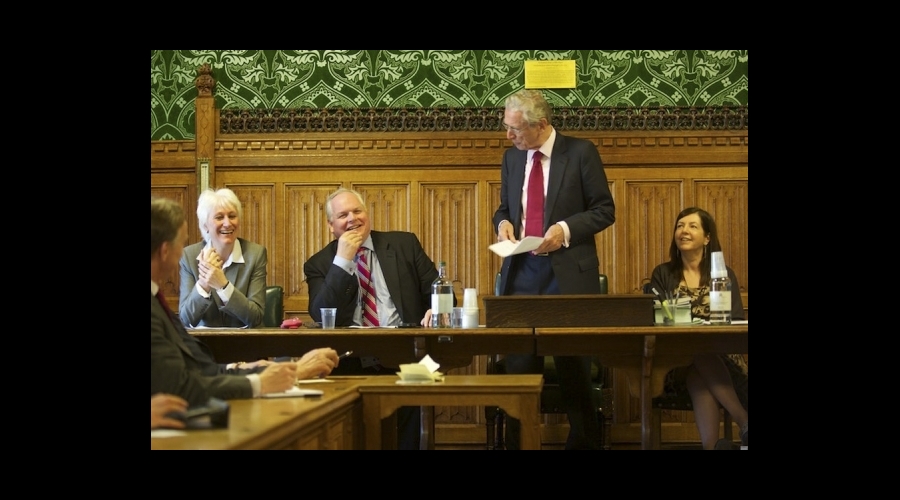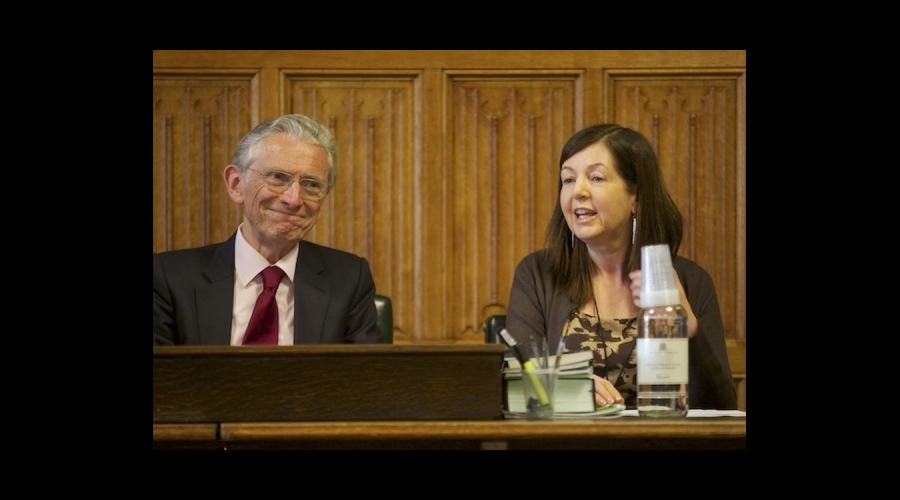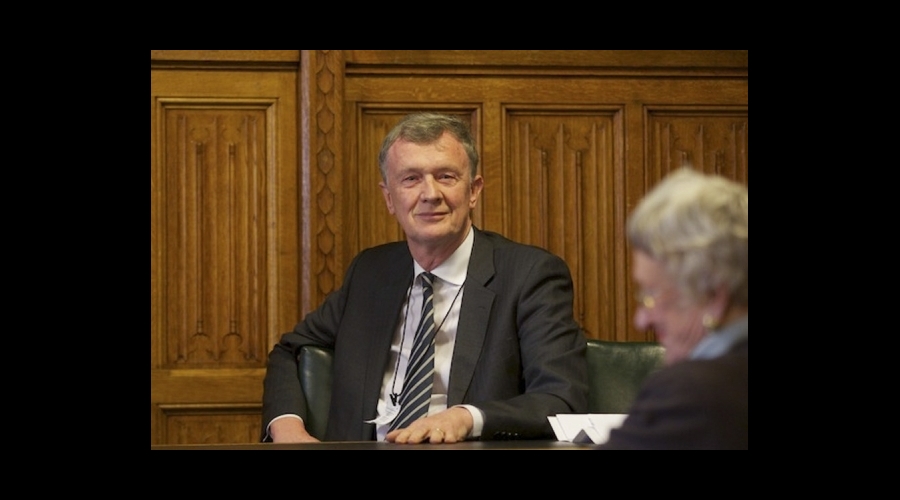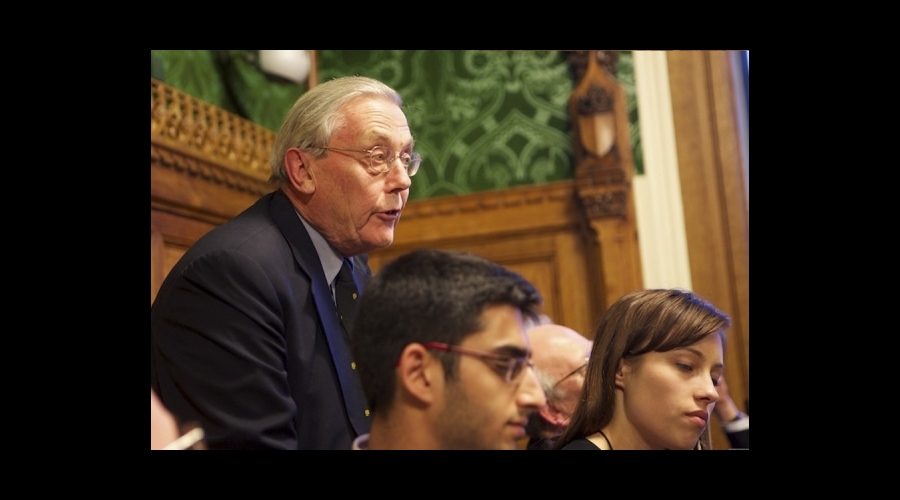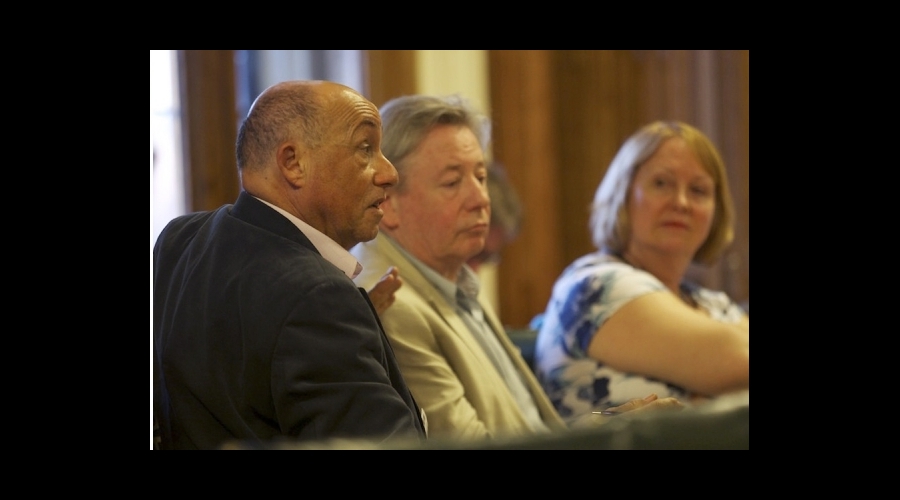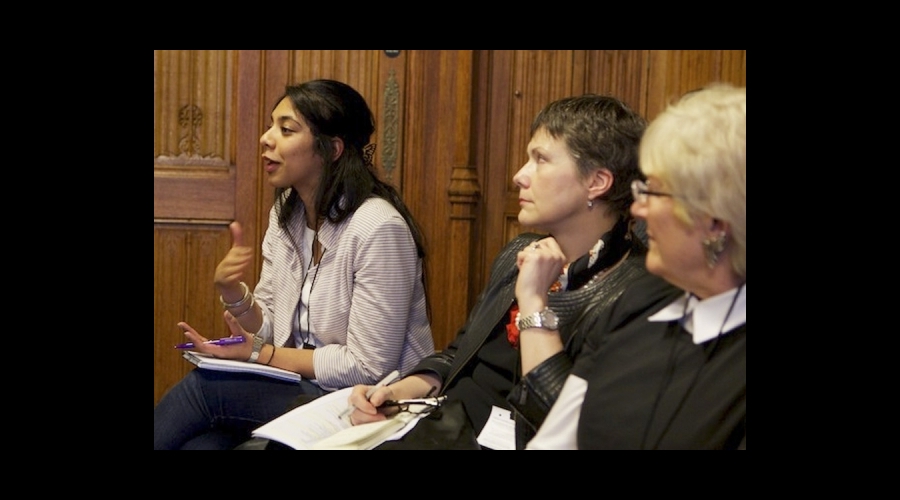Leading broadcasters are concerned that the hugely successful TV General Election debates, held for the first time in 2010, will not happen in 2015 unless party leaders start negotiations soon.
Speaking at an RTS All Party Parliamentary Group event on television political reporting on 23 April, the BBC’s head of political programmes, Sue Inglish, said she would like to get “agreement in principle” that the debates would go ahead in 2015.
“We could then decide on the format,” she said. “It could be the same format as last time or something different. But we do need agreement in principle.”
Adam Boulton, Sky News’s political editor, said he was worried that Prime Minister David Cameron thought the debates subverted Parliament.
He said: “It is sometimes misunderstood, not least by David Cameron, what we are trying to achieve by the debates. “We are not in any way trying to subvert Parliament. When Parliament is up and running it is the nation’s political forum...
“Our focus as broadcasters has always been on election time when, if you like, the debate is moved back to the general public.”
Cameron has described the structure of the 2010 debates as “dry and arid”, said Sky's political editor. They were widely perceived as giving Liberal Democrat leader Nick Clegg a surge in popularity and dominated the closing weeks of the election campaign.
Broadcasters and politicians are worried that young people are increasingly disengaged from politics. But Boulton said research carried out for Oxford University’s Reuters Institute of Journalism demonstrated “conclusively” that public engagement with the election, particularly among first-time voters, dramatically increased because of the debates.
Inglish echoed this point. She said: “The 2010 debates attracted more young people than you’d expect from traditional political programmes. “We hope there will be debates again in 2015 and that young people will once again watch.”
Boulton said he did not want to see a repeat of what happened in the US regarding televised encounters between party leaders. Following the first televised series of political debates between John F Kennedy and Richard Nixon in 1960, watched by more than 60 million Americans, another one did not materialise for 16 years.
Other topics covered by a wide-ranging RTS discussion included how audiences responded to the BBC’s recent coverage of Margaret Thatcher's death, and the importance of impartiality in broadcasters’ reporting of political issues in the UK.
A full report of the event, chaired by Lord Fowler, will appear in the May edition of Television.
Report by Steve Clarke
Pictures by Paul Hampartsoumian


